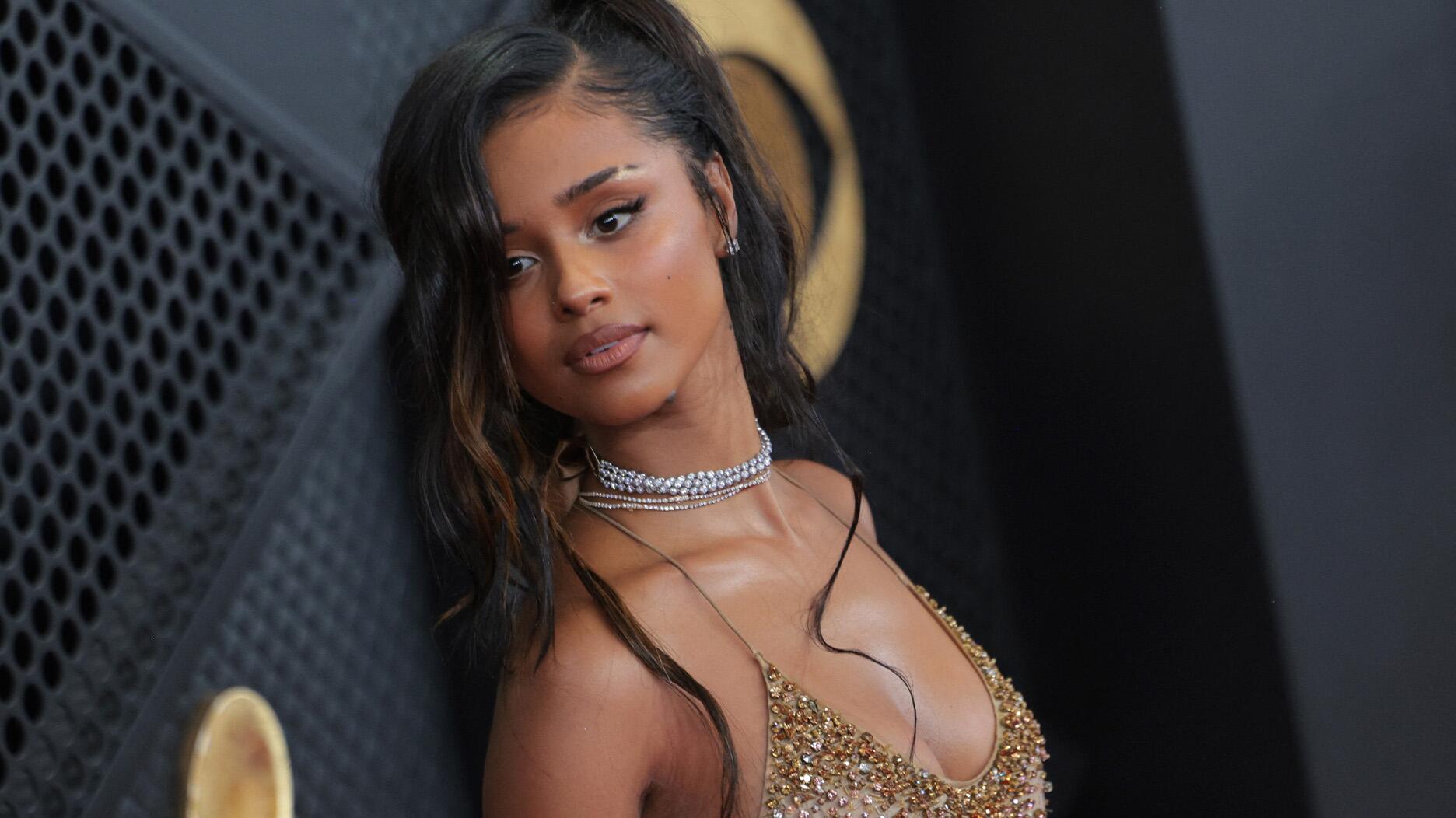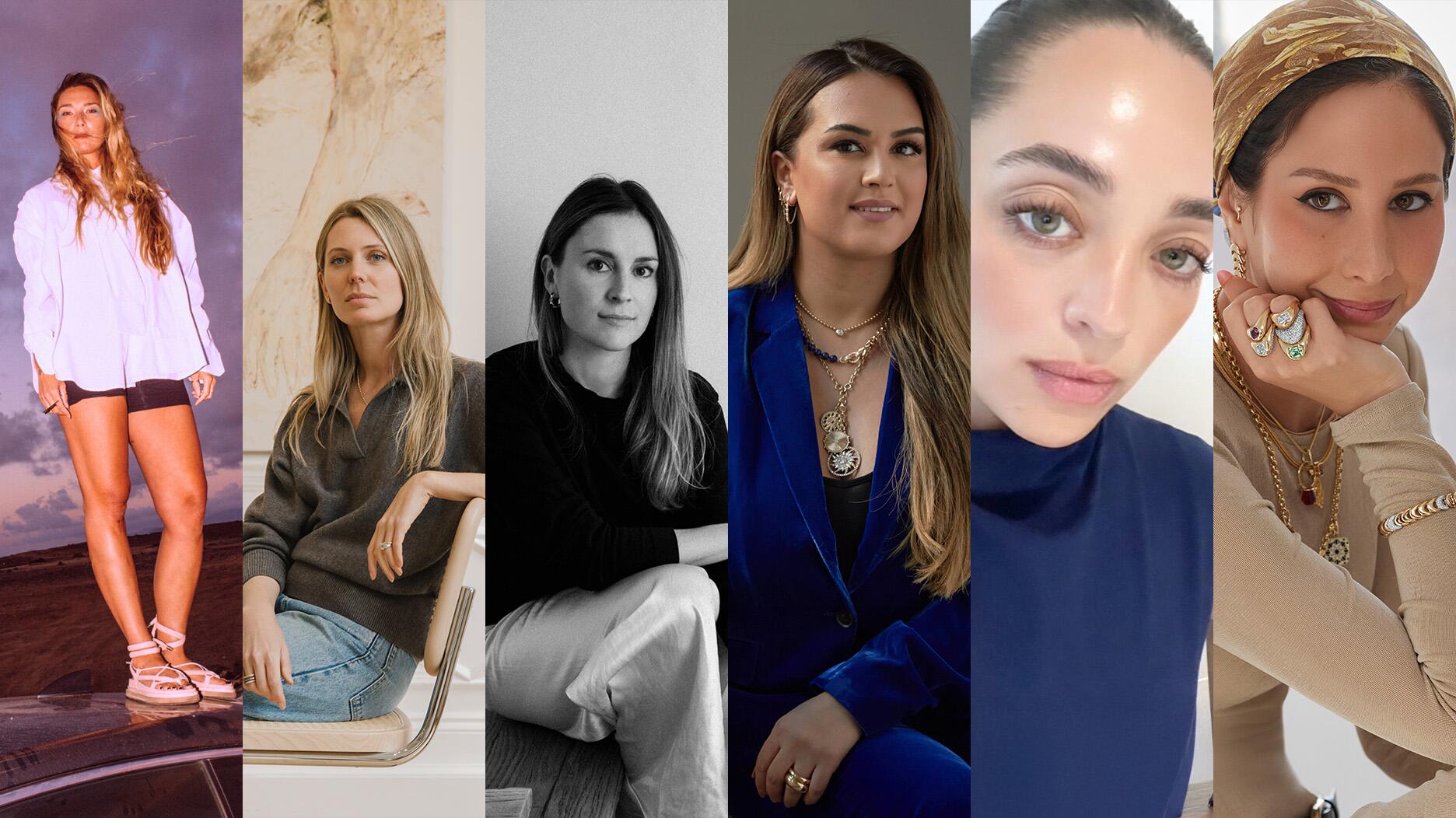My 12 Favorite Quotes From All Those Conversations in Park City
Editor-in-Chief Michelle Graff shares some verbal highlights from Jewelers Mutual’s inaugural “Conversations” event in Park City, Utah.

But, before the event gets too far behind me, I wanted to share some of my favorite quotes from the two-day event, held over the weekend of Oct. 14 at the Deer Valley Resort in Park City, Utah.
These quotes are not presented in chronological order but, rather, in order of interest to me.
Hopefully, you will find them interesting too.
On ‘genderless’ jewelry
“Men have been wearing jewelry since ancient times, and they were comfortable with that.”
— Paola De Luca, CEO, The Futurist
“I think we are moving to a place where gender will not be a distinction in anything we make. ‘Men’s jewelry,’ I don’t think, will be a thing.”
— Victoria Gomelsky, editor-in-chief, JCK magazine
De Luca and Gomelsky spoke on the same panel on Sunday afternoon about fashion and trends. The topic of brands moving away from labeling collections as “men’s” and “women’s” came up more than once during the discussion.
We see it all the time now among the big watch and jewelry players, though as Paola so astutely noted, gender fluidity in jewelry is not new; it’s just new to us right now.
On the metaverse
“It’s super-early. Lean in; don’t run from it.”
“Chinese consumers are the most advanced in the world. They don’t call NFTs, ‘NFTs.’ They call them digital collectibles, because that’s what it is.”
— Liz Bacelar, global executive director of innovation, Estée Lauder Companies
In my opinion, Bacelar was the best speaker of the weekend—energetic, engaging and beyond knowledgeable about Web 3.0, the next iteration of the internet that will be decentralized and powered by AI and machine learning.
Bacelar broke down the esoteric topics of the metaverse and NFTs—both expected to be key parts of Web3—in such a way that they would be understandable to anyone.
She also gave some of the best advice of the entire conference in telling retailers that, unless they plan to retire in the next six years, they need to embrace it.
On sustainability
“In 2020, everything changed. Everything changed for all of us forever.”
“I think it’s about not getting discouraged but going one step at a time toward very lofty goals.”
— Sally Morrison, director of PR for natural diamonds, De Beers Group
Morrison spoke on the last panel of the weekend, a Sunday afternoon session about sustainability.
Her first remark referenced the way we all came to realize the impact our constant consumption has on the Earth when the pandemic forced billions of people to stay home and the smoke literally cleared.
The context of her second remark had to do with De Beers’ ambitious plan to be carbon neutral by 2030.
Both she and fellow panelist Johanna Levy, GIA’s first vice president whose role focuses on sustainability, made the point that for smaller players in the jewelry industry, being more sustainable doesn’t have to be a massive, expensive, and intimidating undertaking.
It can start with small things, like reducing energy consumption in your stores, getting involved with a local environmental group, or not handing out plastic water bottles to customers all the time (I think the elimination of plastic water bottles is also a good note for all future conference organizers to take.)
On overlooked generations
“Millennials are not dead. For some reason, I have not heard anyone talking about millennials.”
“Boomers and Gen Xers are not dead.”
— Paola De Luca, CEO, The Futurist
True to form, De Luca was one of the most quotable speakers of the weekend.
While there was a lot of talk over the weekend about Gen Z and their social media platform of choice, TikTok, De Luca astutely pointed out that older generations—the millennials, the baby boomers and, yes, even the lonely and forgotten latchkey kids of Generation X—still have a lot of buying power and many years left ahead of them.
It reminded me of the talk De Luca gave a couple years ago in Vicenza on the “midult,” which our Senior Editor Ashley Davis covered in an article that generated a lot of buzz.
On ‘micro-influencers’
“The days of overly curated Instagram accounts, I think, are almost gone.”
“As a brand, I’d be cautious about sending out too much free stuff.”
— Jessica Quillin, co-founder and principal, It’s a Working Title
Quillin’s presentation on Saturday afternoon focused on the shift from macro-influencers—meaning major public figures like Kim Kardashian—to micro-influencers in the world of marketing, something National Jeweler columnist Lilian Raji explored for us a couple years ago.
Consumers today want authenticity. They want to feel like the influencer genuinely cares about the product they promote, and is a real person like them, with flaws and vulnerabilities.
(For those interested in pursuing a relationship with an influencer, micro or otherwise, the Jewelers Vigilance Committee provides a free “Disclosures 101” guide on its website; scroll down on this page to find it.)
On diversity and inclusion
“Diversity and inclusion is a very important aspect of marketing today.”
— Paola De Luca, CEO, The Futurist
It is also an important aspect of staffing, and organizing events like conferences and trade shows.
De Luca’s quote came after Elyssa Jenkins-Pérez, director of membership and digital content at JVC, commented during the Q&A portion of De Luca’s panel that she will immediately leave a brand’s Instagram page if she’s scrolling through and sees no diversity.
And she’s not the only one.
“That is really important and a lot of my friends are like that,” Jenkins-Pérez said.
On not diluting your brand
“We don’t have to be all things to all people. When you do that, as a brand you get into difficult territory.”
— Keith Levy, president, Milk Bar
Milk Bar is the now-huge chain of bakeries that pastry chef Christina Tosi started with one tiny shop in the East Village in New York. I remember going in there for a slice of crack pie (delicious) and cup of coffee when I lived in the East Village and drank coffee, both a number of years ago now.
Levy is the chain’s president and an operating partner at Sonoma Brands, one of the private equity firms pouring money into Milk Bar so it can expand.
A lot of people seemed impressed with Milk Bar’s growth and really enjoyed Levy’s presentation.
I have other thoughts about private equity firms in retail (and in general) but I liked Levy’s quote and I thought it summed up what a lot of other speakers were saying over the weekend.
You don’t have to try everything—TikTok, the metaverse, influencers, etc.—but you do have to define your brand and be able to answer these two questions.
What makes your jewelry brand or store unique? Why should people buy from you instead of from one of your competitors?
The Latest

In a 6-3 ruling, the court said the president exceeded his authority when imposing sweeping tariffs under IEEPA.
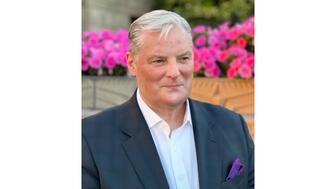
Smith encourages salespeople to ask customers questions that elicit the release of oxytocin, the brain’s “feel-good” chemical.
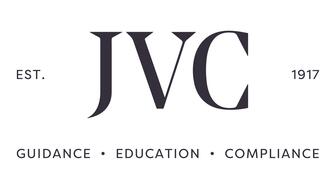
JVC also announced the election of five new board members.
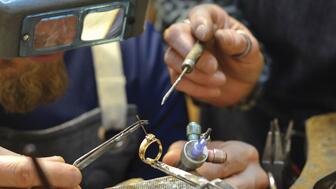
Launched in 2023, the program will help the passing of knowledge between generations and alleviate the shortage of bench jewelers.
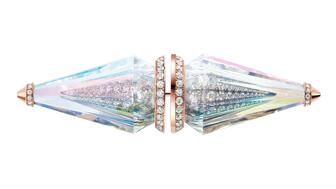
The brooch, our Piece of the Week, shows the chromatic spectrum through a holographic coating on rock crystal.

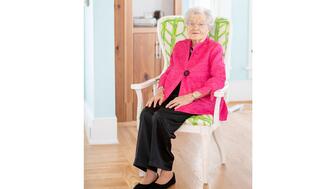
Raised in an orphanage, Bailey was 18 when she met her husband, Clyde. They opened their North Carolina jewelry store in 1948.

Material Good is celebrating its 10th anniversary as it opens its new store in the Back Bay neighborhood of Boston.
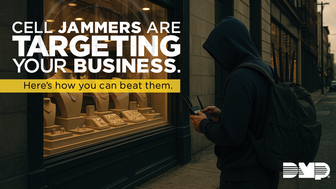
Criminals are using cell jammers to disable alarms, but new technology like JamAlert™ can stop them.
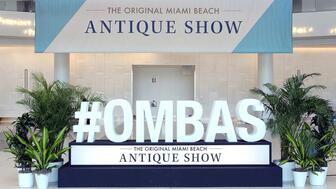
The show will be held March 26-30 at the Miami Beach Convention Center.
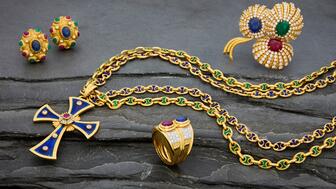
The estate of the model, philanthropist, and ex-wife of Johnny Carson has signed statement jewels up for sale at John Moran Auctioneers.

Are arm bands poised to make a comeback? Has red-carpet jewelry become boring? Find out on the second episode of the “My Next Question” podcast.
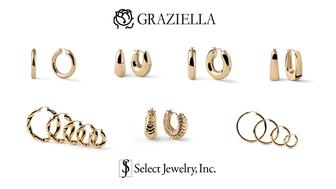
It will lead distribution in North America for Graziella Braccialini's new gold pieces, which it said are 50 percent lighter.
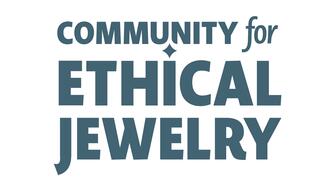
The organization is seeking a new executive director to lead it into its next phase of strategic growth and industry influence.
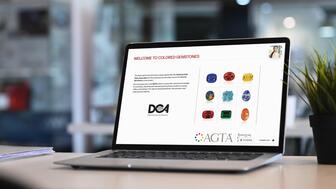
The nonprofit will present a live, two-hour introductory course on building confidence when selling colored gemstones.
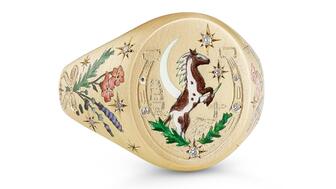
Western wear continues to trend in the Year of the Fire Horse and along with it, horse and horseshoe motifs in jewelry.
![A peridot [left] and sapphires from Tanzania from Anza Gems, a wholesaler that partners with artisanal mining communities in East Africa Anza gems](https://uploads.nationaljeweler.com/uploads/cdd3962e9427ff45f69b31e06baf830d.jpg)
Although the market is robust, tariffs and precious metal prices are impacting the industry, Stuart Robertson and Brecken Branstrator said.
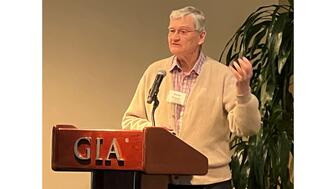
Rossman, who advised GIA for more than 50 years, is remembered for his passion and dedication to the field of gemology.
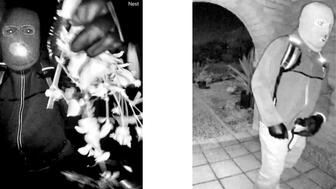
Guthrie, the mother of “Today” show host Savannah Guthrie, was abducted just as the Tucson gem shows were starting.

Butterfield Jewelers in Albuquerque, New Mexico, is preparing to close as members of the Butterfield family head into retirement.
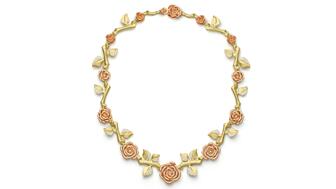
Paul Morelli’s “Rosebud” necklace, our Piece of the Week, uses 18-karat rose, green, and white gold to turn the symbol of love into jewelry.

The nonprofit has welcomed four new grantees for 2026.

Parent company Saks Global is also closing nearly all Saks Off 5th locations, a Neiman Marcus store, and 14 personal styling suites.
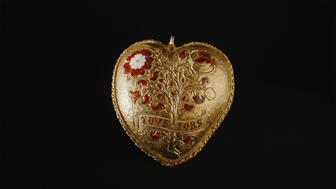
It is believed the 24-karat heart-shaped enameled pendant was made for an event marking the betrothal of Princess Mary in 1518.
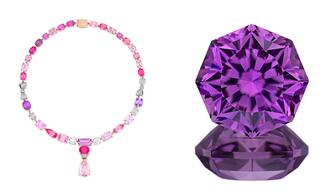
The AGTA Spectrum and Cutting Edge “Buyer’s Choice” award winners were announced at the Spectrum Awards Gala last week.
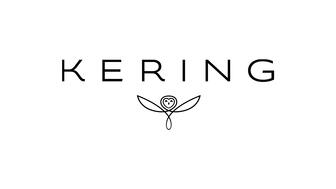
The “Kering Generation Award x Jewelry” returns for its second year with “Second Chance, First Choice” as its theme.
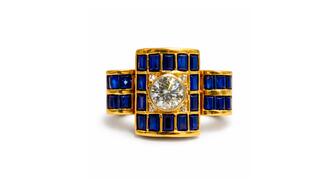
Sourced by For Future Reference Vintage, the yellow gold ring has a round center stone surrounded by step-cut sapphires.
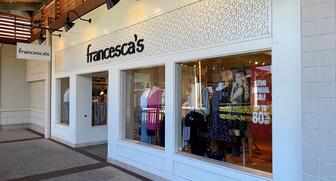
The clothing and accessories chain announced last month it would be closing all of its stores.













